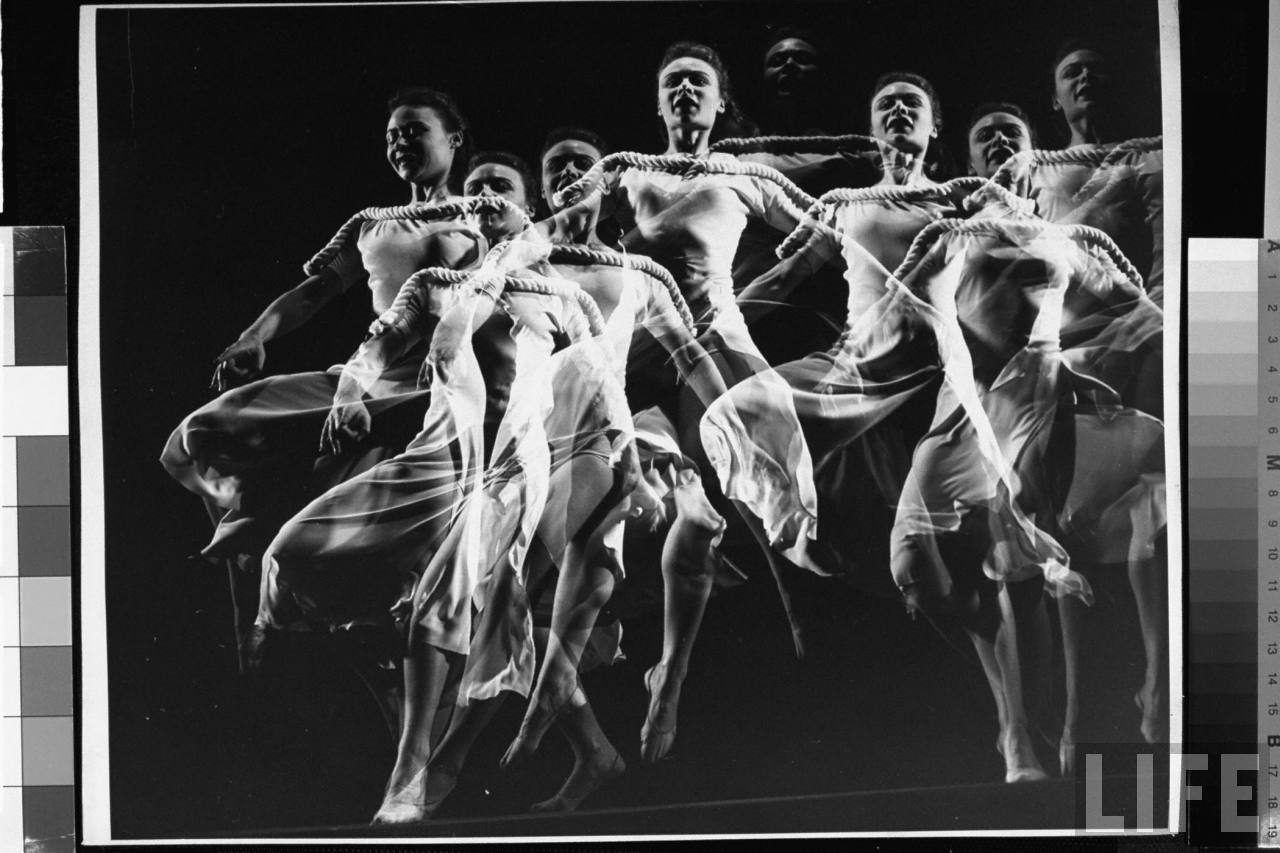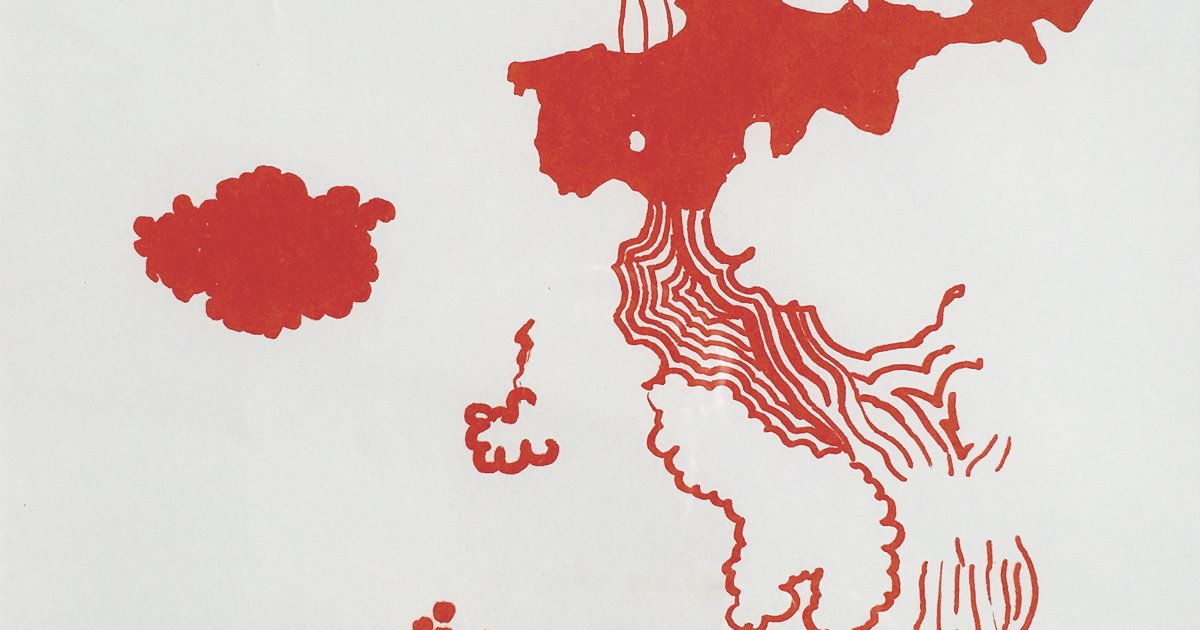Every year I like to look at the New York Times best books of the year and select a few that I want to read. This year I chose Lost Children Archives by Valeria Luisilli, The Topeka School by Ben Lerner, Disappearing Earth by Julia Phillips, and The Yellow House by Sarah Broom. Coincidentally they all deal with language and loss in one way or another.
Lost Children Archives discusses the language of silence and captures the torment of a women losing a child at the immigration camps. In 2014, 80,000 children, including infants and toddlers, were detained at the US-Mexico border. They travelled on dangerous trails evading ranchers who had taken to hunting migrants for sport. 80% of the girls and women had been raped. Countless others died along the way. In this book, Luiselli shares how she was struck by the language used to describe the lost children—illegals, aliens, and other dehumanizing words. She wondered why no one called them refugees—or simply lost children. The book contains chilling examples of loss and the language used to minimize the tragedy or dehumanize the victims.
The Topeka School poetically describes the different experiences of people who have high-powered language skills and those who are intellectually challenged. It also explores what the loss of belonging and sense of place feels like. The book ranges broadly from toxic masculinity to the existential realization that success in this world may require a sacrificial loss of meaning, value, and self. The biggest story line, however, is the ‘lost boy” who suffers from the attempts of his more cognitively blessed friends who coax him into playing a mascot role in their group. Their failure to find the language to treat him as fully human has disastrous results.
Disappearing Earth tells the story of a woman losing her two kids to a predator in the most remote regions of Russia and how language was a both a source of comfort and rage. The stories revolving around this horrifying event expose the ways in which the women of Kamchatka are decimated not only by the loss that jump-starts the novel, but by the people who lack the language to understand their experiences.
The Yellow House is an amazing memoire that describes the experience of losses associated with Hurricane Katrina in Louisiana as well as the language used by poor, marginalized people and the government bureaucrats who develop the policies and procedures to manage emergencies. The author, Sarah Broom, was born in 1979, the youngest of 12 children. Her book shares her experiences growing up in New Orleans East with its junkyards, trailer parks, and flagrant prostitution. The central character of the book is a yellow house that her mother bought with insurance money after her first husband’s death. It not only serves as a witness to their lives, but also as a source of great shame. This book is brimming with loss of every kind and is told with a language that is absolutely captivating.
These four books reminded me that loss is not only ubiquitous in our lives, but we also lack the language to express its meaning to us. For starters we always have the two testy twins of morbidity and mortality sitting on our shoulders and whispering the inevitability of loss in our ears. In my own life, I have experienced many losses. As I reflect on them, I have to confront the inadequacy of my language to express my own feelings or the feelings of others. I have had the expected and unexpected losses of family and friends. Losing my parents hit me in ways and waves that are hard to capture in words. I have also lost the intimacy of close family relationships due to irreconcilable differences in political and religious beliefs. I’m very sad about those losses, but I can’t conceive of any authentic words to re-build the bridges.
As the books above reveal, losses come in many forms. Sometimes we lose our confidence or self-respect. Many people lose their homes due to economic conditions, climate disasters, or financial failures. Others lose jobs or their sense of financial security. As a society we have lost our sense of civility, decency, and trust. I often wonder where some of our most treasured values, principals, and norms disappeared. I feel despair at the loss of clean air, clean water, old forests, national park lands, and pristine lakes. I feel particularly distressed by the weakening bonds of connection, community and compassion in the world. I’m also saddened by the lack of joy, gratitude, and forgiveness I hear expressed or experienced. I feel dismayed by the lack of focus and depth I’m seeing in our internet fueled lives.
My language seems insufficient to address these losses and the resultant tides of grief that are now reaching tsunami proportions.
Sadly, to compound the problem, our language has become weaponized. Many kids lose their sense of worth, safety, and privacy through internet trolling and bullying. When people in power dismiss and demean the 16 year old climate hero, Greta Thunberg, as an arrogant freak with an anger management problem, we know we have reached a new low in the destructive use of language.
To be balanced, not all losses are bad. I remember being very happy, for instance, when I lost my virginity. And many people are able to lose the insecurities that keep them from speaking up. My wife, for example, lost her inhibitions long ago. She used to be a timid mouse in the corner who would rarely speak. Now she is roaring lion in the middle of the room who has deeply informed points of view on many issues. I love how she has become outspoken—most of the time. She may be losing her hearing, but she has definitely found her voice.
In an age of surplus verbosity, which often reveals an underlying emptiness, I wonder if it is still possible to express profound experiences in meaningful ways. I wish we could find the language and love to do so.
After reading and reflecting on the literature of language and loss, I saw a brilliant play by Lauren Lee that gave me an even deeper appreciation of language and loss. Cambodia Rock Band tells the story of the Khmer Rouge’s atrocities in Cambodia from 1975-1979. (As it turns out, I had lost my illusions about politicians when I was in Vietnam and learned that the president of the United States had lied to the public about the bombing of Cambodia. Unfortunately, we have become desensitized to lies from American Presidents over the past few years, but at the time, it came as a huge shock to me.) When the US pulled out of Southeast Asia in 1975, the Khmer Rouge moved in to take over Cambodia and destroy their music, art, and intellectuals. Over two million people lost their lives in those killing fields. In this amazing play, Lee combines music and dialogue to tell the story of how a person who survived the Pol Pot massacres felt he had to hide the secrets surrounding his loss of innocence and self-respect during his time in prison. He could not find the words or courage to express his depravations, losses, and shame to his family.
All of these deep dives into language and loss leads me to ask several questions:
- How do we get in touch with any losses of our own that are not exactly easy to say or share?
- What doable steps might we take like sending a note or making a call that may reduce suffering?
- What are the patterns or similarities in what’s hard to say that may offer some new learning or discovery?
- Where do we find the language to build bridges across the social, economic, political and religious divides that are keeping us from becoming whole as individuals and communities?
- How can we enrich the language we use to express our feelings and respond more accurately and sensitively to the feelings of others?
- How do we use language to humanize instead of demonize?
- When will we reclaim the commitment to find the truth through deep inquiry and use evidence-based language to communicate the truth?
I’m hoping we will find the language to answer all those question and regain or repair our losses. In the meantime, I hope you will find the time to enjoy the wonderful language in the books you read and the plays you attend. May it be so.




Well done my friend! May it be so indeed!